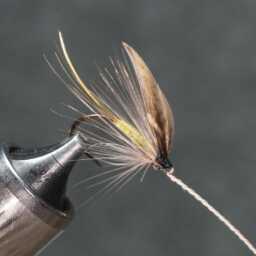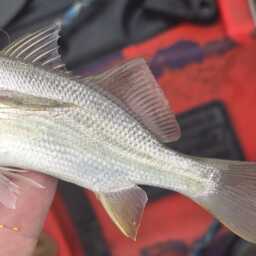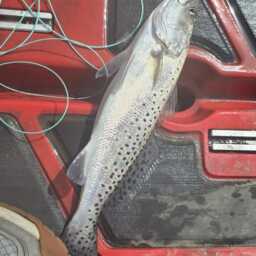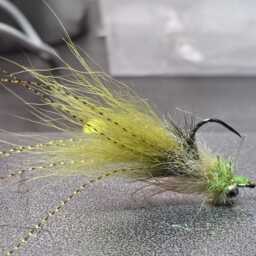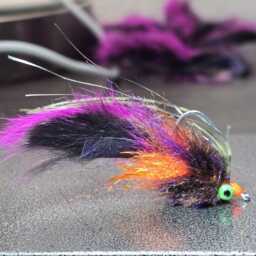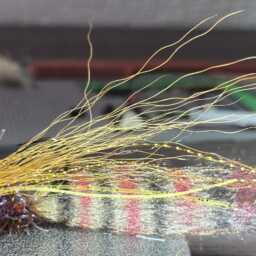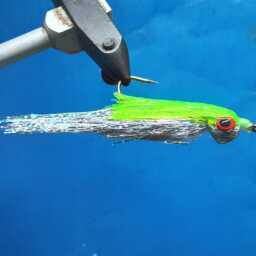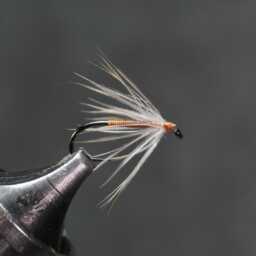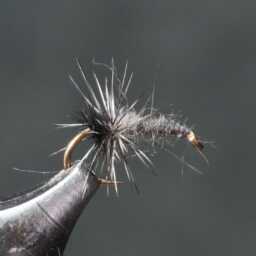Rheas, also known as ñandus or South American ostriches, are moderately sized flightless birds native to South America. They belong to the order Rheiformes and are closely related to the African ostriches and Australia’s emus, though they are smaller than these two largest ratites.
There are two recognized species of rhea: the greater or American rhea (Rhea americana) and the lesser or Darwin’s rhea (Rhea pennata). The International Union for Conservation of Nature (IUCN) considers the puna rhea a separate species rather than a subspecies of the lesser rhea. Currently, the IUCN lists the greater and puna rheas as near-threatened, while Darwin’s rhea is classified as least concern due to its recovery from previous threats. There is also a growing feral population of greater rheas in Germany, where control efforts are managing their numbers. Rheas are popular in livestock and aviculture, often kept on farms, ranches, and private parks in North and South America and Europe.
Rheas are large, flightless birds with grey-brown plumage, long legs, and long necks, resembling ostriches. Males of the greater rhea can reach up to 170 cm (67 in) tall at the head and weigh up to 40 kg (88 lb). The lesser rhea is smaller, standing around 100 cm (39 in) tall. Rheas have large wings, up to 250 cm (8.2 ft), which they spread while running, acting as sails. They have three toes and their tarsus features 18 to 22 horizontal plates. Additionally, rheas store urine separately in an expansion of the cloaca.
In fly tying, rhea feathers are valued for their ability to create distinct profiles with minimal bulk. They are used in a variety of patterns, including intruder, spey, and saltwater patterns like deceivers. Rhea feathers are noted for their sparser and thinner fibers compared to ostrich feathers, offering a thinner profile which some fly tyers prefer. They can be used effectively in flies of all sizes and in patterns traditionally using heron, marabou, faux hair, or ostrich.
« Back to Glossary Index
